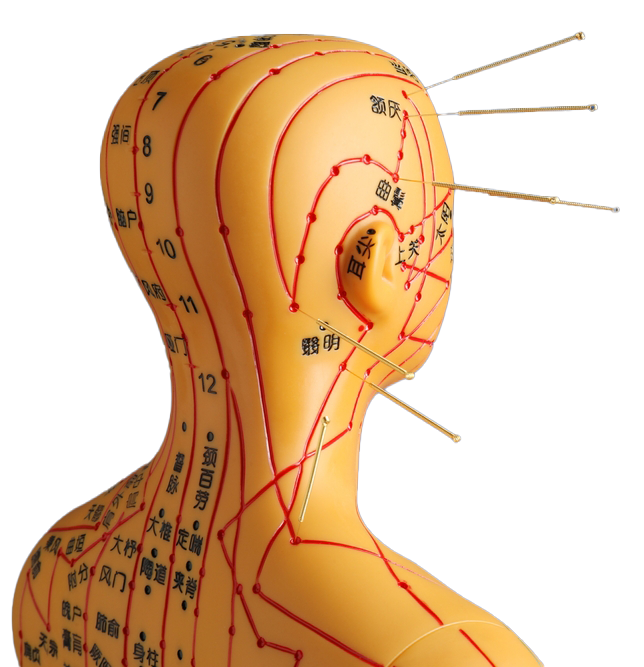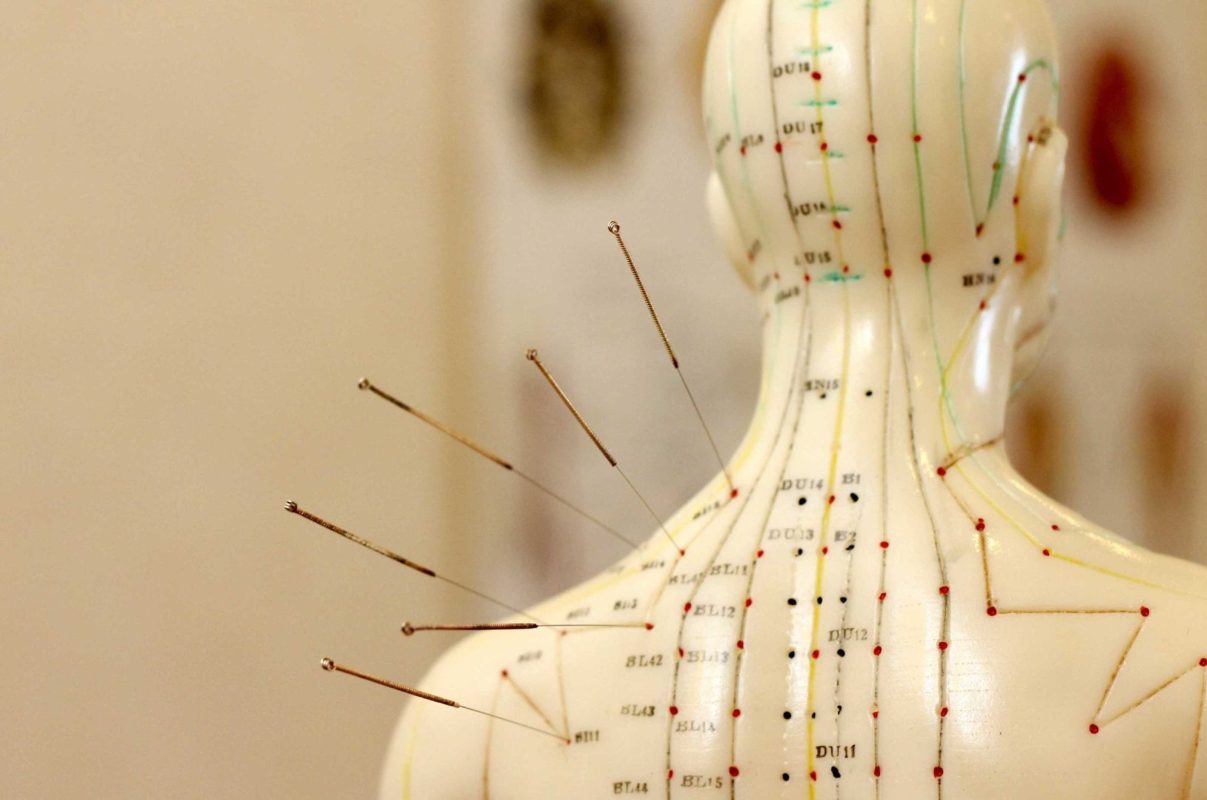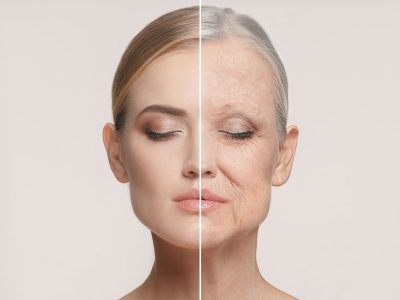- Faset eklem Radyofrekans Termokoagüalsyon (RFT) Tedavisi
- Radyofrekans Termokoagülasyon Dorsal kök ganglion (DKG) radyofrekans termokoagülasyonu (RFT)
- Diskit Prosedürü
- Sakroiliak Eklem Radyoferkans Tedavisi (Simplicity)
- Disk İçi Ozon Terapisi
- Nükleoplasti
- Transforaminal Enjeksiyon (Nokta Atışı)
- Faset eklem bloğu
- Epidural Enjeksiyon
Akupunktur
- Anasayfa
- Tamamlayıcı Tıp Yöntemleri
- Akupunktur
İçindekiler
Toggle- Faset eklem Radyofrekans Termokoagüalsyon (RFT) Tedavisi
- Radyofrekans Termokoagülasyon Dorsal kök ganglion (DKG) radyofrekans termokoagülasyonu (RFT)
- Diskit Prosedürü
- Sakroiliak Eklem Radyoferkans Tedavisi (Simplicity)
- Disk İçi Ozon Terapisi
- Nükleoplasti
- Transforaminal Enjeksiyon (Nokta Atışı)
- Faset eklem bloğu
- Epidural Enjeksiyon
- Kanser ağrısı
- Kalıcı Epidural / Spinal Port Uygulaması
- Vasküler Port (Kalıcı Damar Yolu)
- Trigeminal Sinir RFT
- Ganglion Stellatumun Blokajı
- Lumbar Sempatik Ablasyon
- Faset eklem Radyofrekans Termokoagüalsyon (RFT) Tedavisi
- Radyofrekans Termokoagülasyon Dorsal kök ganglion (DKG) radyofrekans termokoagülasyonu (RFT)
- Fıtık Yakma (IDET)
- Diskit Prosedürü
- Sakroiliak Eklem Radyoferkans Tedavisi (Simplicity)
- Kalıcı Epidural / Spinal Port – Pompa Sistemi
- Disk İçi Ozon Terapisi
- Nükleoplasti
- Periferik Sinir Bloğu
- Transforaminal Enjeksiyon (Nokta Atışı)
- Faset eklem bloğu
- Epidural Enjeksiyon
- Eklem İçi Sıvı Tedavisi
- Dorsal kök ganglion (DKG) radyofrekans termokoagülasyonu (RFT)
- Spinal kord stimülasyonu (Ağrı pili)
- Ergonomik yaşam düzenlemeleri
- Spinal kord stimülasyonu (Ağrı pili)
- Nükleoplasti
- Radyofrekans ablasyonu
- Bitkisel çözümler
- Kuru iğne tedavisi
- Yaşlanma karşıtı tedaviler
- Ozon tedavisi
- Kupa tedavisi - Hacamat
- Mezoterapi
- Proloterapi
- Akupunktur
- Kök Hücre Tedavisi
- Sinir blokajları
- Kortikosteroid enjeksiyonları
- Masaj ve gevşeme teknikleri
- Manuel terapi
- Elektroterapi
- Nöropatik ağrı ilaçları
- Antiinflamatuvar ilaçlar
- Kas gevşeticiler
- Ağrı kesiciler (parasetamol, ibuprofen vb.)
Akupunktur Nedir?
Akupunktur, Geleneksel Çin Tıbbının (GÇT) binlerce yıllık uygulamalarından biridir. Vücudun belirli noktalarına, genellikle çok ince ve steril iğnelerle yapılan uyarılar aracılığıyla denge ve iyilik halini sağlamayı amaçlar. Çin tıbbına göre vücutta “Qi” (Chi olarak da telaffuz edilir) adı verilen bir enerji akışı bulunur. Bu enerji, meridyen denilen kanallar boyunca dolaşır. Akupunktur, enerji akışındaki dengesizlikleri düzenleyerek bedensel ve ruhsal sağlığı korumayı hedefler. Günümüzde akupunktur, birçok modern tıp tedavisiyle birlikte veya tek başına kullanılan tamamlayıcı bir yöntem olarak görülmektedir.
Akupunktur Tedavisi Nelere İyi Gelir?
Akupunktur, vücudun kendi kendini iyileştirme mekanizmasını harekete geçirme potansiyeli sayesinde çok çeşitli rahatsızlıklarda olumlu etkiler gösterebilir:
- Ağrı Yönetimi: Migren, baş ağrısı, bel-boyun fıtığı kaynaklı ağrılar, eklem ve kas ağrıları.
- Stres ve Anksiyete: Duygusal dalgalanmaların hafiflemesi, sakinlik ve rahatlama hissi.
- Sindirim Sistemi Sorunları: Hazımsızlık, mide-bağırsak rahatsızlıkları, kabızlık veya ishal.
- Hormonal Denge: Bazı kadın hastalıkları (adet düzensizlikleri, menopoz semptomları) ve tiroit sorunlarında destekleyici olabilir.
- Uyku Bozuklukları: Uykusuzluk (insomnia) ve kalitesiz uyku şikayetlerini azaltmada yardımcı.
- Bağışıklık Sisteminin Desteklenmesi: Soğuk algınlığı, alerji gibi durumların sıklığını ve şiddetini azaltmak.
Elbette her hasta ve rahatsızlık için etkinlik düzeyi farklı olabilir. Akupunktur, çoğu zaman diğer tedavilerle birlikte kullanıldığında en iyi sonuçları verebilmektedir.
Akupunktur Zararlı mıdır?
Genel anlamda akupunktur, doğru uygulanırsa güvenli bir yöntem olarak kabul edilir. Özellikle steril ve tek kullanımlık iğnelerin kullanılması enfeksiyon riskini oldukça düşürür. Ancak, her tedavi yönteminde olduğu gibi bazı durumlarda dikkat etmek önemlidir:
- Kanama Bozukluğu Olanlar: Eğer kan pıhtılaşma sorunu varsa veya kan sulandırıcı ilaç kullanılıyorsa, iğne yerlerinde morluk veya kanama ihtimali artabilir.
- Hamilelik: Hamilelerde akupunktur genellikle güvenli görülse de, uygulama noktalarının seçimi önemlidir. Mutlaka doktorun onayı ve yetkin bir akupunktur uzmanının gözetimi olmalıdır.
- Enfeksiyon Riski: Uygun olmayan koşullarda veya hijyenik olmayan malzemelerle yapılan akupunktur, enfeksiyon riskini artırabilir.
Dolayısıyla, akupunkturun zararlı olup olmaması büyük ölçüde kim tarafından ve nasıl uygulandığına bağlıdır. Lisanslı, tecrübeli bir uzmanla çalışmak, riskleri en aza indirmenin anahtarıdır.
Akupunktur Tedavisi Nasıl Yapılır?
- Muayene ve Tanı:
- İlk adımda akupunktur uzmanı, hastanın şikayetlerini ve genel sağlık durumunu değerlendirir.
- Gerekirse modern tıp testleri ve Geleneksel Çin Tıbbı yaklaşımına uygun nabız, dil, cilt incelemesi gibi yöntemler birlikte kullanılır.
- Tedavi Planı Oluşturma:
- Hangi noktalara, kaç seans ve ne sıklıkta iğne uygulanacağı belirlenir.
- Bazı durumlarda kulak akupunkturu, elektro-akupunktur veya kupa terapisi gibi yardımcı yöntemler de tedaviye eklenebilir.
- Uygulama Aşaması:
- Hasta genellikle sırtüstü veya yüzüstü uzanır ve rahat bir pozisyon alır.
- İnce, steril iğneler belirlenen akupunktur noktalarına dikkatlice yerleştirilir.
- İğneler 15-30 dakika arasında ciltte kalabilir. Bu süre içinde hasta hafif bir karıncalanma, ılıklık veya gevşeme hissi yaşayabilir.
- Takip ve Değerlendirme:
- Tedavi boyunca hasta sürekli gözlemlenir.
- Seanslar ilerledikçe şikayetler değerlendirilir, gerekirse tedavi protokolü yeniden düzenlenir.
Akupunktur Tedavisi Öncesi Nelere Dikkat Edilmelidir?
- Aç Karna Gelmemek: Tedaviye çok aç veya çok tok karnına gitmek, seans esnasında rahatsızlık hissini artırabilir. Yemeğinizi seansa 1-2 saat kala hafif şekilde yapmak idealdir.
- Rahat Kıyafetler: Seans sırasında kol, bacak, sırt gibi bölgeler açığa çıkarılabileceğinden rahat ve çıkarılabilir kıyafetler giymek uygundur.
- Uykusuz veya Yorgun Olmamak: Dinç bir bedende uygulanan akupunktur daha verimli sonuç verebilir. Uzun süreli uykusuz kalındığında tansiyon dalgalanmaları yaşayabilirsiniz.
- Doktorunuza Bilgi Verin: Kullanılan ilaçlar, kronik hastalıklar veya gebelik gibi durumlar mutlaka terapiste bildirilmelidir.
- Seans Öncesi Dinlenme: Tedaviden önce stresli veya yorucu aktivitelerden kaçınmak, seans esnasında daha rahat hissetmenize yardımcı olur.
Akupunktur Kimlere Uygulanır?
-
- Stres ve Ağrı Şikayeti Olanlar: Gerilim tipi baş ağrısı, boyun-bel ağrısı, omuz tutulması gibi kronik ağrıları hafifletmek isteyenler.
- Sindirim Sorunları Yaşayanlar: Asit reflüsü, mide krampları, kabızlık veya ishal gibi sürekli rahatsızlıkları olan kişiler.
- Hormonal Dengesizlik veya Kadın Hastalıkları Çekenler: Adet düzensizlikleri, adet sancısı, menopoz semptomları veya destekleyici tedavi olarak kısırlık süreçleri.
- Psikolojik Gerginlik ve Anksiyete: Yoğun kaygı, depresyon veya panik atak gibi durumların destek tedavisinde.
- Daha İyi Uyku Arayanlar: Uykuya dalmakta zorluk çeken, uykusuzluk sorunu yaşayan bireyler.
Genel olarak 18 yaş üstü her sağlıklı yetişkine uygulanabilmekle birlikte, hamileler ve çocuklarda belirli noktalara kısıtlamalar söz konusudur. Bu sebeple akupunktur uzmanına ve gerekirse doktora danışarak kişiye özel değerlendirmenin yapılması gerekir.
Akupunktur ile İlgili Sık Sorulan Sorular
Akupunktur iğneleri acıtır mı?
Genellikle hayır. Akupunktur iğneleri çok incedir ve uygulama yapılan bölgede genellikle hafif bir batma, karıncalanma veya ılıklık hissedilebilir. Çoğu kişi büyük bir rahatsızlık yaşamaz.
Kaç seans gereklidir?
Bu, kişinin durumuna ve rahatsızlığın süresine bağlı olarak değişir. Bazı hafif ağrılar için birkaç seans yeterli olabilirken, kronik sorunlarda haftalarca süren düzenli seanslara ihtiyaç duyulabilir.
Akupunktur, modern tıp tedavilerinin yerine geçebilir mi?
Akupunktur genellikle tamamlayıcı bir yöntemdir. Mevcut tedavi planınızı bırakmak yerine, doktorunuzun önerisiyle birlikte akupunkturdan destek alabilirsiniz.
İğneler tek kullanımlık mıdır?
Profesyonel merkezlerde tek kullanımlık ve steril iğneler kullanılır. Bu, enfeksiyon veya bulaşıcı hastalık riskini ortadan kaldırır.
Etkisi ne kadar sürede hissedilir?
Kişiye ve rahatsızlığın türüne göre değişir. Bazı hastalar ilk seanstan sonra rahatlama hissederken, bazılarında birkaç seansın sonunda belirgin iyileşme görülebilir.
Akupunktur seansından sonra nelere dikkat etmeliyim?
Seans bitiminde ağır egzersizler veya stresli ortamlar yerine sakin bir dinlenme ve bol su tüketimi önerilir. Vücudun enerji akışının düzenlendiği bu süreçte kendinize zaman tanımak iyileşmeyi destekler.
Genellikle hayır. Akupunktur iğneleri çok incedir ve uygulama yapılan bölgede genellikle hafif bir batma, karıncalanma veya ılıklık hissedilebilir. Çoğu kişi büyük bir rahatsızlık yaşamaz.
Bu, kişinin durumuna ve rahatsızlığın süresine bağlı olarak değişir. Bazı hafif ağrılar için birkaç seans yeterli olabilirken, kronik sorunlarda haftalarca süren düzenli seanslara ihtiyaç duyulabilir.
Akupunktur genellikle tamamlayıcı bir yöntemdir. Mevcut tedavi planınızı bırakmak yerine, doktorunuzun önerisiyle birlikte akupunkturdan destek alabilirsiniz.
Profesyonel merkezlerde tek kullanımlık ve steril iğneler kullanılır. Bu, enfeksiyon veya bulaşıcı hastalık riskini ortadan kaldırır.
Kişiye ve rahatsızlığın türüne göre değişir. Bazı hastalar ilk seanstan sonra rahatlama hissederken, bazılarında birkaç seansın sonunda belirgin iyileşme görülebilir.
Seans bitiminde ağır egzersizler veya stresli ortamlar yerine sakin bir dinlenme ve bol su tüketimi önerilir. Vücudun enerji akışının düzenlendiği bu süreçte kendinize zaman tanımak iyileşmeyi destekler.
Sonuç
Akupunktur, kadim bir tıbbi uygulama olarak hem bedensel hem de ruhsal dengeyi destekleyebilir. Doğru uygulandığında yan etki riski düşüktür ve birçok rahatsızlığa iyi geldiği gözlemlenmiştir. Ancak her tedavi yöntemi gibi, kişiye özel ve uzman gözetiminde yapılması şarttır. Eğer kronik ağrılarınız, stres kaynaklı sorunlarınız veya denge arayışınız varsa, bir akupunktur uzmanına danışarak bu doğal ve bütüncül yaklaşımın sizin için uygun olup olmadığını öğrenebilirsiniz. Unutmayın, sağlığınız için atacağınız her adımda profesyonel görüş almak en güvenilir yoldur.
Tedavilerimiz
- Anasayfa
- Tamamlayıcı Tıp Yöntemleri
- Akupunktur





